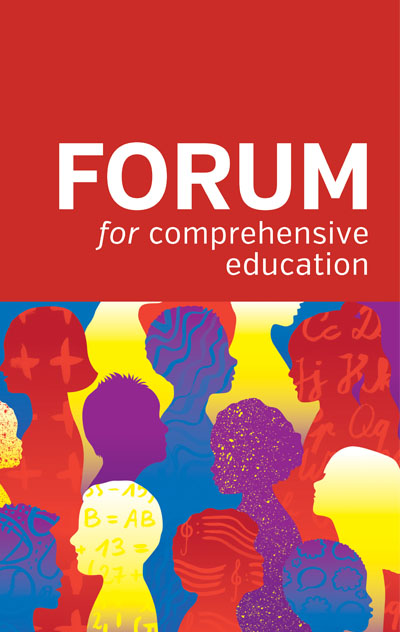
Schooling the Crisis? Education in the Aftermath of the Global Financial Crisis
FORUM - Print ISSN 1474-7685 - Online ISSN 2047-7171
Volume 56 Number 3 (2014)
Schooling the Crisis? Education in the Aftermath of the Global Financial Crisis
JOHN MORGAN pages 401‑416
DOI: 10.15730/forum.2014.56.3.401
Abstract
Five years on from the onset of the global financial crisis, there has been little sustained discussion of its implications for schooling. This is surprising when we consider that for the past three decades education has been shaped by assumptions about the need to prepare students for life in global capitalist economies. The consensus seems to be that students need to sit tight, study hard, draw on (if they are lucky) the reserves of 'The Bank of Mum and Dad', and delay gratification until the economy returns to normal. In education we see the intensification of policies to privatise schooling, develop new technologies and 'revolutionise' learning systems through innovation. This article explores the possibility that a return to normal is not likely in the short or medium term, and the response to the crisis is, in many countries, leading to a shrinking welfare state and a growing fear about the future. A new economic and social landscape is emerging which is based on different ways of living and relating (e.g. reduced consumption, local provision). These developments may lead to important shifts in the purposes and practices of schooling.
To cite this article
JOHN MORGAN (2014) Schooling the Crisis? Education in the Aftermath of the Global Financial Crisis, FORUM, 56(3), 401-416 . https://doi.org/10.15730/forum.2014.56.3.401
